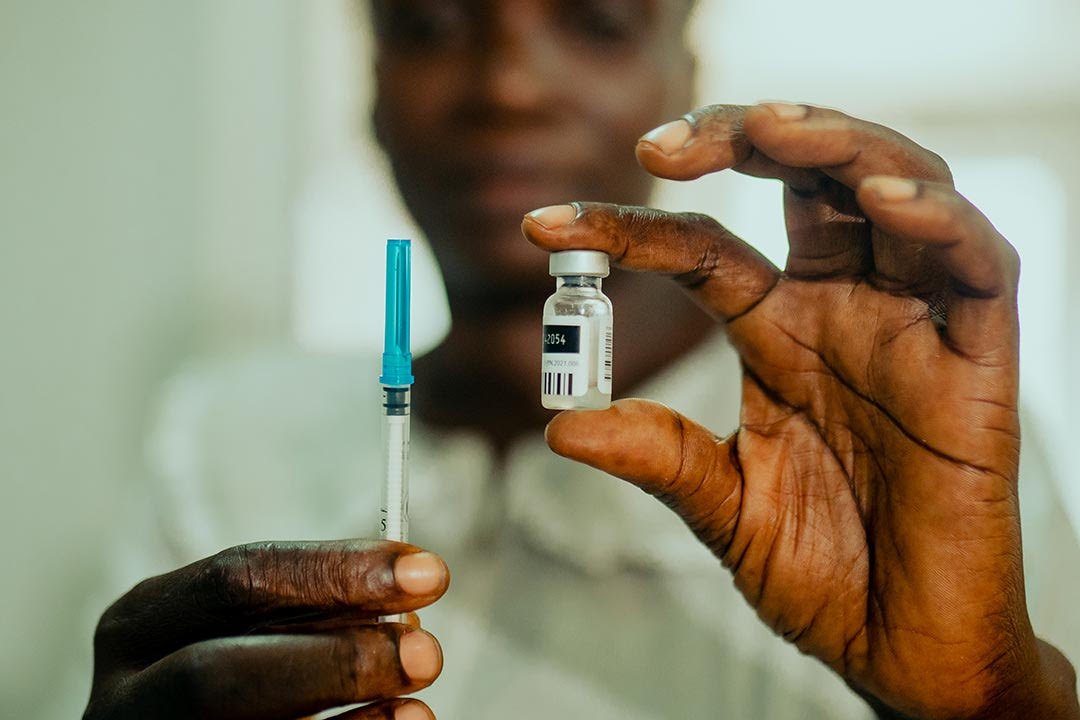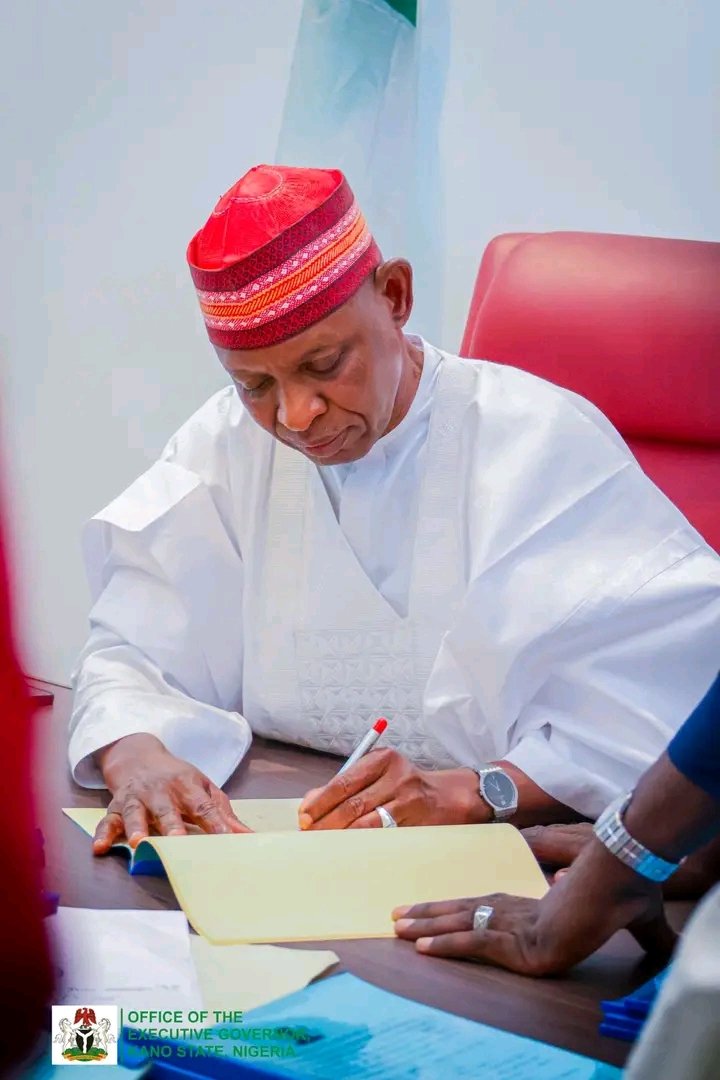A new report by Gavi, the Vaccine Alliance, reveals a major public health breakthrough in Africa as 20 countries—including Nigeria, Ghana, Kenya, and Uganda—have integrated the world’s first malaria vaccines into their routine immunisation programmes.
Other countries include Benin, Burkina Faso, Burundi, Cameroon, Central African Republic, Chad, Côte d’Ivoire, Democratic Republic of the Congo, Liberia, Malawi, Mali, Mozambique, Niger, Sierra Leone, South Sudan.
The milestone, which Gavi describes as a “game-changer” in the decades-long battle against malaria, marks a significant step toward reducing the burden of one of the continent’s deadliest diseases.
The update forms part of Gavi’s broader partnership with 40 African countries aimed at improving access to life-saving vaccines and strengthening primary health care (PHC) systems. The Vaccine Alliance said the initiative is improving health outcomes and contributing to economic resilience across the continent.
“By expanding access to new and under-used vaccines for millions of the most vulnerable children, we are not only saving lives but also creating the groundwork for more robust economies,” Gavi CEO Dr. Sania Nishtar said.
Since its inception, Gavi has supported the immunisation of 469 million children across Africa, helping to prevent an estimated 12 million deaths. Beyond routine vaccinations, the Alliance funds emergency stockpiles for outbreak-prone diseases such as cholera, Ebola, meningococcal meningitis, and yellow fever.
“Our investments reduce the risk of infectious disease outbreaks that can escalate into pandemics,” a Gavi spokesperson noted.
Financial contributions from African governments have also grown, rising from $15 million in 2010 to more than $145 million in 2023—amounting to a total of $1.1 billion over 15 years. In July 2024, African leaders endorsed the Abidjan Declaration, reinforcing their commitment to sustainable immunisation financing.
“This alignment with the Addis Declaration on Immunization reflects a strong political will to own and sustain health interventions,” Dr. Nishtar wrote in an op-ed for The Africa Report.
However, Gavi flagged that significant challenges remain. At least 7.1 million children across Africa—1.6 million of them in fragile and conflict-affected areas—have yet to receive a single dose of any vaccine. These “zero-dose” children are a key focus of Gavi’s 2021–2025 strategy, which emphasizes investment in PHC, gender-sensitive approaches, and innovative delivery models.
“Reaching zero-dose children is central to achieving Universal Health Coverage,” a Gavi official said. “It’s about justice, not just health.”
The report also highlights efforts to protect girls from cervical cancer through HPV vaccination. Between 2014 and 2023, over 20.2 million girls across 23 African countries received the vaccine.
As the continent marked 50 years of the Expanded Programme on Immunization (EPI) during African Vaccination Week, Gavi called for sustained collaboration among governments, communities, and civil society.
“To make vaccines work, we need everyone pulling in the same direction,” said Dr. Nishtar. “Together, we’re making Africa and the world healthier and safer.”



